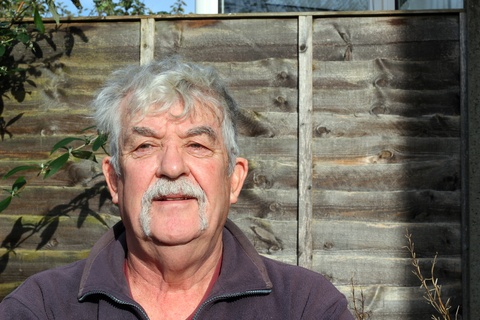Follow-Up Care for Mesothelioma: What Happens After Treatment?
A new UK study on follow-up care for mesothelioma finds that patients need more continuity, timely information, and more input from their caregivers. The study focused on three National Health Service facilities in the South of England. Two were secondary care hospitals and the third was a tertiary care center. A tertiary care center has special, high-level expertise in mesothelioma care. Researchers talked to patients, nurses, caregivers, and members of practice groups called clinical commissioning groups. They used the feedback to develop the UK’s first set of best practices for follow-up care for mesothelioma. They now plan to share these best practices with clinicians across the country to improve after-care for all mesothelioma patients. The Importance of Follow-Up Care for…








